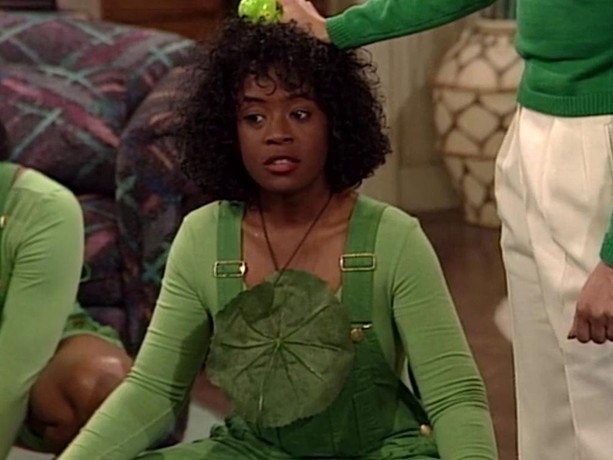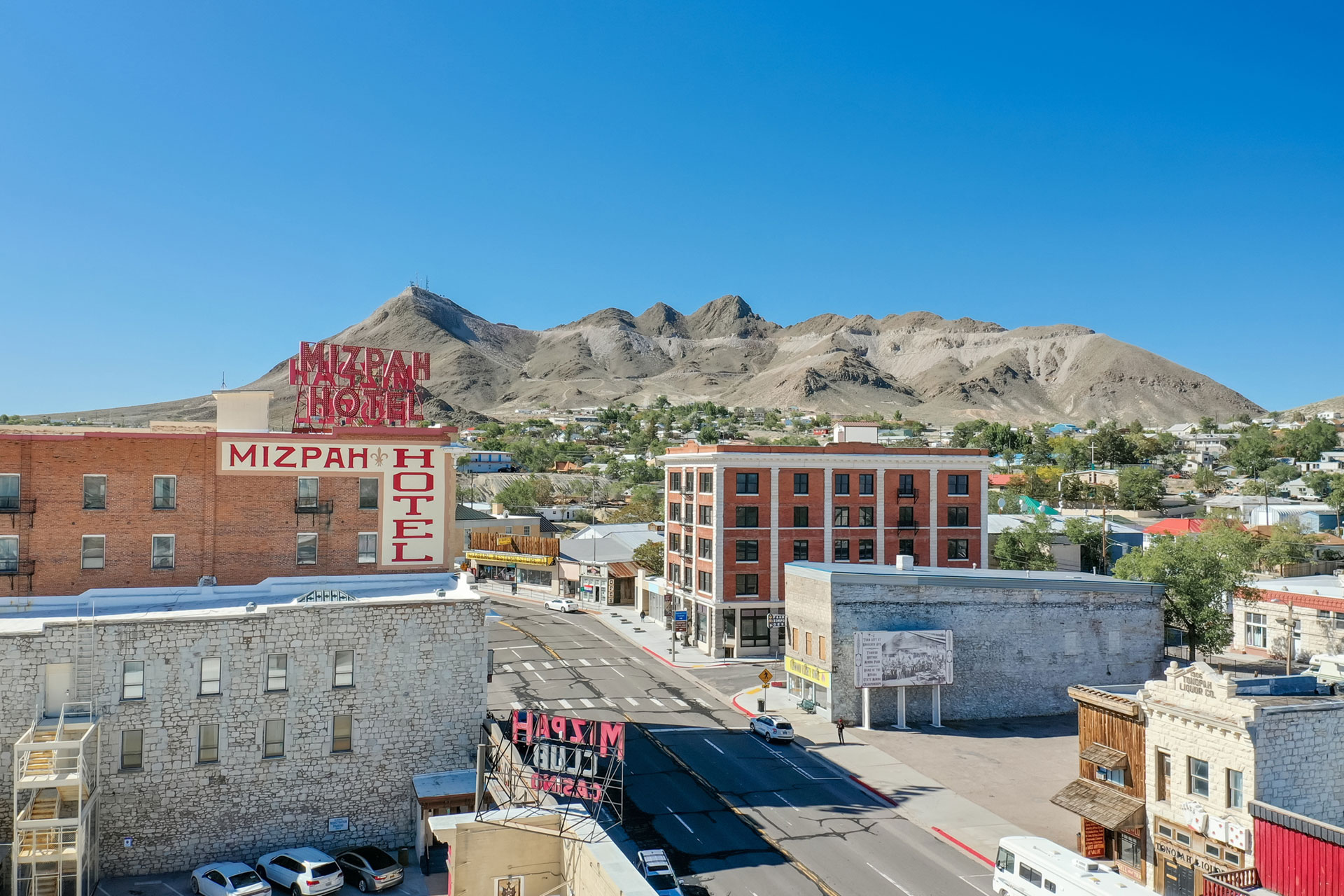Kim Reese Would Never – Vinegar Hill Magazine


By Darnell Lamont Walker
(Dedicated to the ones who turned down the money, took the hard road, and never stopped looking in the mirror)
There’s an episode of A Different World that’s tattooed on my memory—stitched into my spine like ancestral wisdom. Kim Reese, pre-med student, daughter of working-class parents, first in her family to chase a dream that big, is offered a scholarship to attend medical school. It’s a lifeline. It’s salvation. It’s everything she’d been working toward.
But there’s a catch.
The company offering the scholarship is deeply invested in apartheid South Africa. Their money is blood money, plain and simple. Unapologetically. And Kim Reese turns it down.
Let me say that again: Kim Reese, broke, brilliant, and Black, turns down the scholarship. Not because she has a backup plan. Not because she found a loophole or had a quiet sponsor waiting in the wings. But because she couldn’t stomach the thought of building her future off the bones of her people. She says no. Even when some told her the answer should’ve been yes. Even when the math didn’t math. Even when it made no damn sense to anyone but her and her mirror.
I was just two days away from my 8th birthday, but that episode changed me. It hit me in a part of myself I didn’t know was listening. That moment lit something in me—a flame I still carry.
After that, I became someone I hadn’t yet met: the person who speaks up. The person who walks out. The person who refuses to just go along.
As continued to grow, so did the flame. I started showing up at school board meetings, demanding a Black History class in our curriculum. When they smiled politely and told us, “maybe next year,” I threatened them with walkouts. They tried to dismiss us. I stared them down. I even brought my mother with me as backup. Eventually, they didn’t just fold—they put me on the board. A teenager. Loud. Relentless. Full of fire.
I started shouting “brick by brick, wall by wall, free Mumia Abu-Jamal!” through the streets of Charlottesville and on Thomas Jefferson’s academic plantation, walking a tightrope between discipline and defiance.
The road didn’t stop there. I was invited to Cuba by my college-aged activist friends to sit with Assata Shakur. I was 16 or 17 and mother said no to the trip, but I continued walking the same path with local activists who taught me how to sharpen my analysis, how to move with strategy, how to throw a punch without lifting a fist. I protested. I organized. I learned to pick my battles but never my truths.
After college, I turned down job offers that would’ve made my parents proud and my bank account less tragic, because I knew those jobs were built on harm. In college, I watched friends get threatened with suspension and expulsion for what I called “no good reason,” and I jumped in. I got loud. I got disruptive. I made it my business to raise hell when hell was what they gave us.
I’m not romanticizing the struggle. I’m saying it was worth something.
And I wasn’t doing it alone. There were so many of us. A whole damn gaggle. We studied together, skipped class to organize together, nearly got arrested together. We were alive with resistance. We took ourselves seriously and we took each other seriously. Our futures mattered, but not more than our dignity.
But something’s shifted. And I’ve been wrestling with it.
The other day, I watched a video of a young Black woman from an HBCU, and she was glowing. Beaming. You would’ve thought she’d won the lottery. She talked about how she’d landed a fellowship at the White House. This White House. The one currently overseeing genocide, weaponizing borders, and not pretending to give a damn about equality.
She was proud. And I couldn’t blame her for the pride. She’s been told her whole life that’s the pinnacle. That’s the dream. But I looked at her and thought: Kim Reese would never.
Years ago, a former friend posted a smiling selfie with a known figure who’s spent years undermining Black lives. I said something. I couldn’t not. We haven’t spoken since.
Black folks I love, respect, and once marched beside are joining police departments that brutalized their own cousins, uncles, mamas. Not to dismantle from within. Not to infiltrate and disrupt. Just for the benefits. Just for the steady paycheck. Just for the “respect” and probably for the likes.
And look—I know survival is hard. I know we’re all tired. I know the system is rigged, and for a lot of us, it feels like the only way to win is to play the game. But when did we stop asking whether the game is worth playing?
When did the line we used to draw in the sand get replaced with a brand deal and a good salary?
When did we stop being afraid of mirrors?
Kim Reese would never.
She wouldn’t smile for a photo op with a killer of her kinfolk. She wouldn’t trade her soul for a fellowship. She wouldn’t join a system of oppression and justify it with buzzwords and hashtags. She’d be scared, yes. She’d be unsure. But she’d still say no.
And it’s not about her being fictional. That’s the thing. It wasn’t fiction. Not for those of us who took it to heart. Kim Reese represented a generation of us who believed in something bigger than ourselves.
She reminded us that there’s a difference between being successful and being significant.
We watched her, and we moved differently. We took risks. We lost jobs. We burned bridges. We made enemies. We called out our own people when they were out of line. And we did it because the fight was real. Because the harm was real. Because our elders taught us, “All skinfolk ain’t kinfolk,” and “freedom ain’t free,” and “don’t let them use your Black face to sell white lies.”
So when I look around today and see folks trading legacy for clout, trading ethics for access, I get worried. I get angry. I get heartbroken.
But I also remember that there are still some of us out here. Holding that fire. Holding the line. Maybe quieter now. Maybe in different corners. Maybe no longer a gaggle, but still lit.
So this is a call. A reminder. A reclamation.
We don’t all have to say no. But some of us must.
We don’t all have to march. But some of us must.
We don’t all have to sacrifice, but if no one does, then what are we left with?
Kim Reese would never. And once upon a time, neither would we.
But we can still find our way back.

For many college students, tuition isn’t the only expense causing stress. Rent, groceries, books, transportation, and everyday costs can add up quickly....

Throughout rural America, small business owners are facing a quiet threat: losing their last local bank. In rural towns, from North Carolina to Nevada’s frontier communities, a single local bank can mean the difference between convenient financial...

In 1970, men earned nearly six doctoral degrees for every one earned by a woman. Today, that ratio has flipped....